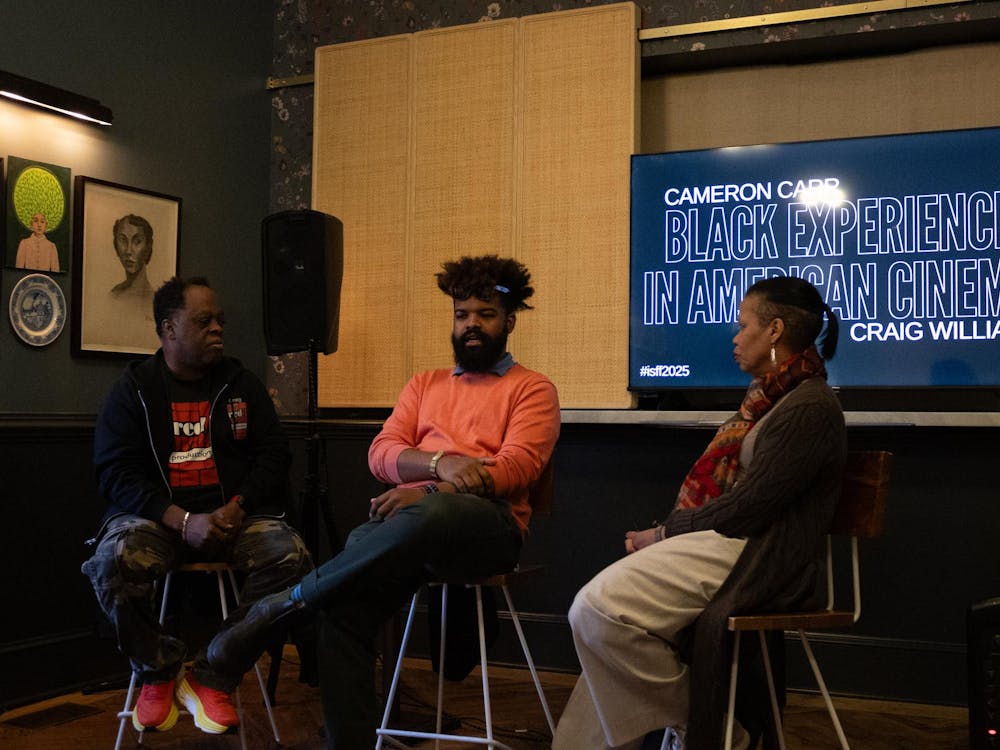Since the release of “Mastermind” — Rick Ross’ sixth studio album — there has been a renewed focus in the media surrounding the rapper’s personal life and, more specifically, his history as a Florida correctional officer. Since this fact was revealed in 2008, both listeners and critics have repeatedly evaluated Ross’ output in light of his past, often using the argument that Ross’ lyrics, which deal with his exploits as a sort of drug kingpin, are made aesthetically corrupt by his lack of life experiences to back them up.
In his review of the recent album, Andy Gill of The Independent said that Ross’ “bland cocaine narratives” aren’t as compelling as other rappers, such as Nas, whose credibility and personal history on the street makes for better storytelling. Another reviewer — Brandon Soderberg of Spin — said Ross has “totally lost himself in malleable self-mythology.”
Reviewers for other publications such as The Boston Globe and The LA Times all proceeded along similar lines of reasoning. Their central issues with the lyrical content stems from an ideal of authenticity: if Ross were more true to himself in his work, more honest about his real-life feelings and actions, his lyrics would be of higher quality.
But where else than hip-hop does the public hold artists to this high standard of realness? You don’t see critics harassing Bryan Cranston for “not being true to himself” in his role as Walter White in “Breaking Bad”. To the contrary, Cranston was universally lauded for his ability to convincingly play a character that was so unlike himself. In fact, the ability to “not be true to yourself” — to effectively imagine yourself into another life — is widely revered in most, if not all, other art forms. So why not hip-hop?
People need to acknowledge something that I think Tyler, the Creator said best at the beginning of his song “Radicals”: “It’s f****** fiction.” Hip-hop — as an art form — has progressed far past the point where rappers should be confined to portraying actual events of their life, and to require of the genre a strict adherence to personal experiences is to limit the creative potential of a genre based on a preconception of how the bigger trends of the form work.
I’m not going around flinging accusations of racism, or saying that there are huge, inherent biases in mainstream American popular culture; that’s a topic deserving of a much longer, much more serious examination. My goal is only to offer some advice. So what if “Mastermind” was bad? Critics and listeners should be carefully choosing the language they couch their criticisms in and grant hip-hop the same aesthetic independence they would any other art form.






